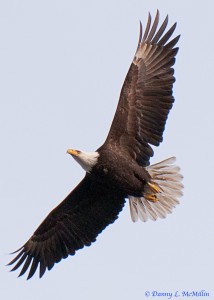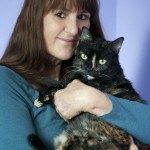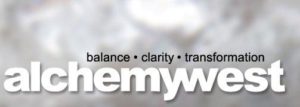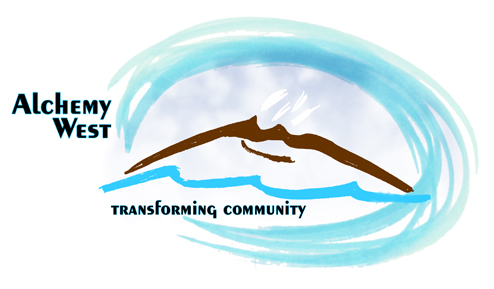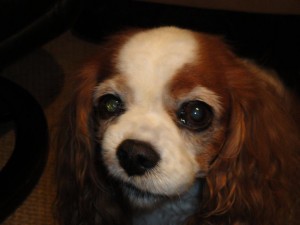 Have you always wanted to talk with an animal? And hear it talk back?
Have you always wanted to talk with an animal? And hear it talk back?
It’s easy. Just do it. But be polite, or you’ll find out, like I did, that animal communication can bite.
Just like talking with any being out there, from a tree to a hurricane, animal communication is about respecting all life as equals. That means listening to what each being has to say. And being respectful in our interactions.
Sometimes you talk with other beings, like animals, to learn simple things, like what an animal thinks about airplane travel. Or what kind of outing it would like (chasing squirrels, sunbathing, eating pizza have all come up when I’ve asked my dogs what they’d like to do). Quite often my work is talking with other beings about their life’s work, which can be stunning, as it turns out there are jobs out there that most humans can’t even imagine, jobs that other beings, like our dogs and cats, take for granted.
Sometimes when you talk with animals you get what you really haven’t been looking for, like a lesson in good manners. That bites. And it should.
The other day I was looking at my eldest Cavalier, Murphy. She had just turned 13 and was happily munching a birthday blueberry pie. I noticed she was a bit heavy, which isn’t normal for her. She had been eating a lot lately. So had I.
I said, “Wow, Murphy, you’ve gotten a little chunky.”
She promptly shot back, “Well, I’m not as fat as you!” She was loud, annoyed, amused, honest: her usual straightforward self. Oh, and right.
Ouch! Okay then! A lesson in manners from my dog!
The truth is, we seldom treat other people as respectfully as we should. Despite our best intentions, we often offer even less respect to our animal companions. Sometimes we’re just not thinking about what we’re saying or about whose feelings we’re hurting. Sometimes it just doesn’t occur to us to treat our animals as equals who expect politeness, just like we do. Sometimes we just forget good manners between species.
I should know better. Actually, I do.
I apologized to Murphy for being rude and unthinking.
A few days later, I was bathing Grace the Cat, not our favorite household task. I was noticing that Grace had gained weight, and I said, “Grace, you’ve gotten chunky.”
Already annoyed because she was wet and soapy, Grace snarled back: “Didn’t you just learn that lesson from Murphy?”
Ouch again. “Yes,” I said, chagrined. “My apologies.”
Whoever you talk with, but especially when you’re talking between species, mind your manners. If you’re talking, you should be listening. And thinking about what you’re saying before you say it.
Because animal communication can bite.
Have you said something rude to an animal lately? Did you apologize?
(c) 2011 Robyn M Fritz
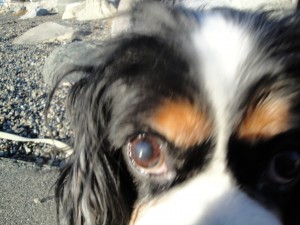
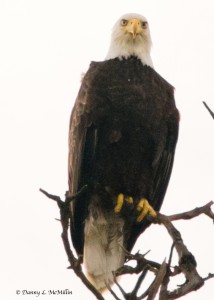 This week we’ve all heard how incompetent we are: according to the media, none of us pee enough or understand that nuclear power was idiotic to begin with. Some of us do and did. That includes me. How about you?
This week we’ve all heard how incompetent we are: according to the media, none of us pee enough or understand that nuclear power was idiotic to begin with. Some of us do and did. That includes me. How about you?

